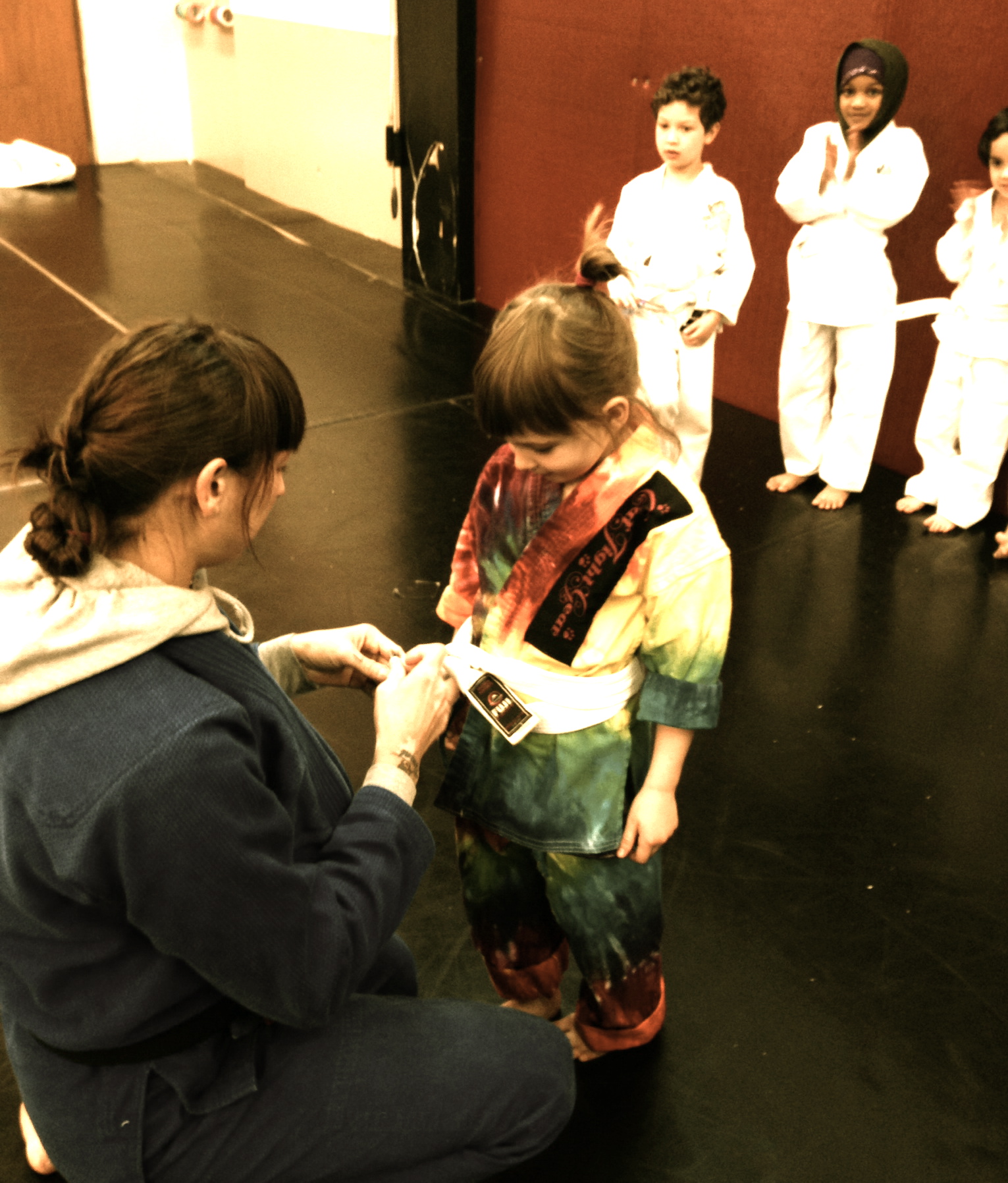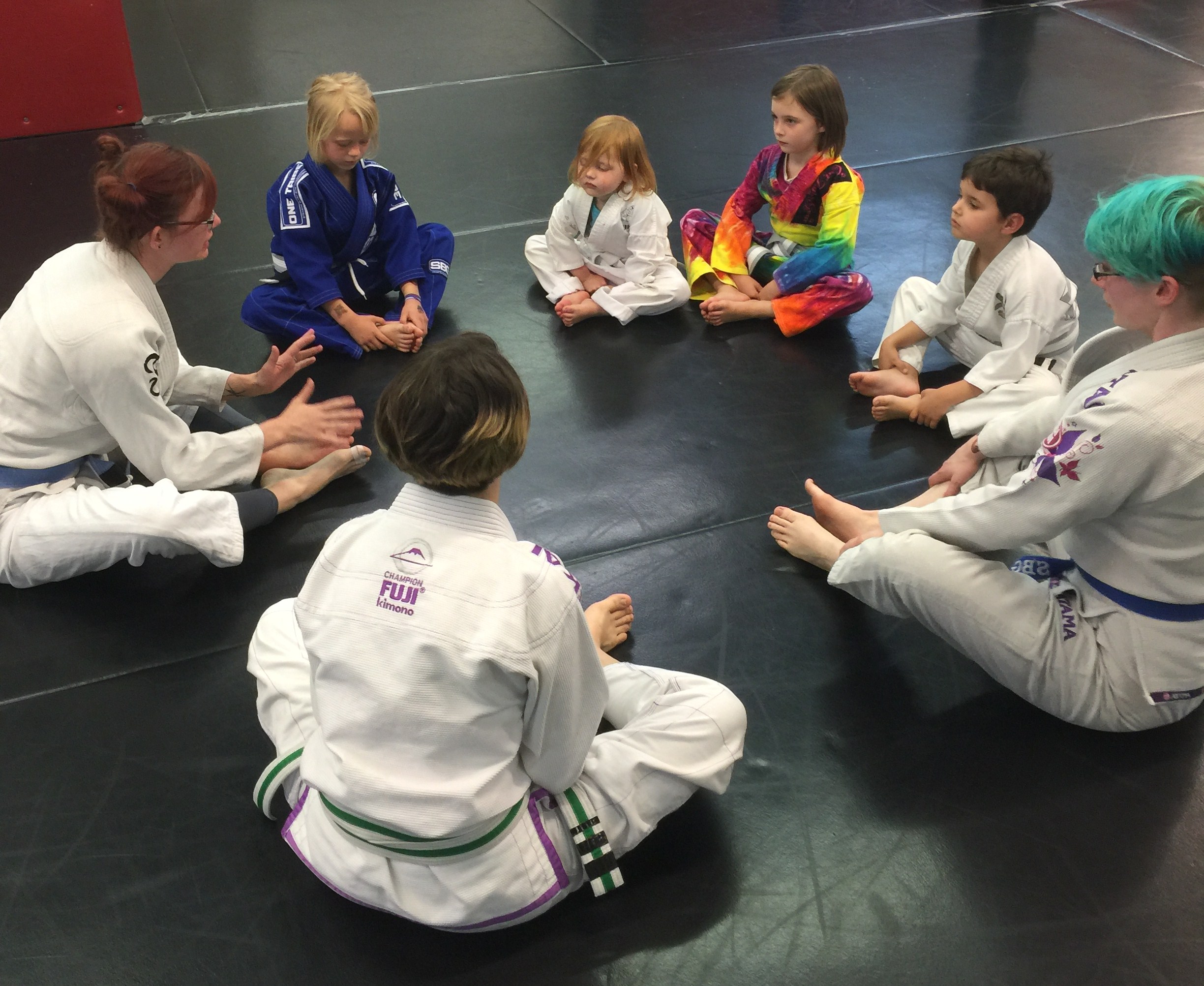Given recent news in Orlando, writing about solutions to problematic violence seems more daunting. What I’ll be posting here will be for the most part, pieces of the larger work that I’m finishing. This will include essays on mass shootings, and guns. Two topics I am asked frequently about.
But – I cannot move forward without acknowledging how sad I’ve been at some of the explanations and misguided theories I’ve heard regarding why this Jihadist did what he did in Florida, on June 12th. Some of the worst articles contained the presupposition that ‘masculinity’ itself, was the core problem. That isn’t just a nauseating and incorrect idea – it’s a backwards and dangerous one. And understanding why, is crucial to anyone who is interested in keeping themselves, and others, safe.
This brings me to some of the responses I’ve received related to my last two pieces: It Takes Mentors to Make Men and Appropriate Response Training – and Dads
A few people expressed concern that I was focusing only on young men. As a father of two daughters, I can promise, that isn’t the case. In general, what serves as sound self-defense advice for boys, is also sound self-defense advice for girls – though there are crucial differences that need to be brought into focus.
What’s posted below is part one of a three part series from my upcoming work that spotlights what I as a father teach my own daughters. And if much of it strikes you as ‘masculine‘, i.e. traits like assertiveness, bluntness, and direct action – then you may be starting to get the larger point.
When it comes to the majority of problematic violence, masculinity is never the problem – a lack of masculine fathers in the home, is.
The ABC’s of keeping our daughters safe (part 1):
Whenever there is a discussion of people’s values and personal philosophy, you’ll hear a wide variety of thoughts, ideas, and banter, but, where it truly matters, is where we have skin in the game. How do we raise our children? A parent’s behavior towards their children, around their children, and in conversation with their children, is one of the best laboratories we have for viewing what that parent truly believes important. The world of theoretical philosophy and everyday reality collide head on in what we teach our kids. As a father of four children, including two young daughters, I’ve thought about this a lot. What I’ll share with you now is what I strive to teach them.
Outside maturity, no other single factor will keep you safer than applied intelligence.
Being smart matters a lot. And when it comes to violence, learning to become smarter, more intelligent in our approach to threats, is the cornerstone of progress.
What are the main things I want my daughters to learn? What do I want them to become very good at?
Here are is my list of the top three traits:
#1 – Confidence
#2- Assertiveness
#3 –Mature Intelligence
First and foremost, I want my daughters to grow up unafraid to speak their minds, and defend their boundaries. I want defiance, aimed at anyone who would try and hurt, demean, or victimize them, to be the go to reaction. In short, I want to raise assertive women.
Assertiveness requires confidence, and confidence in girls comes from a safe, stable, loving, connected, family environment. Where as sons need boundaries to keep in line, daughters need boundaries just to feel safe. Young girls who grow up without that feeling of safety, the kind of safety that a strong father maintains, are less likely to develop the trust and connection required to tell an adult when someone is trying to harm them. They become vulnerable to sexual predators and character-disordered creeps. They become more likely to be picked out as targets, and less likely to fight back. They become victims.
Confidence is a skill that cannot be faked. She could mimic the appearance of confidence, and there are specific circumstances, for example within athletic competitions, where that can be useful; but true confidence isn’t that. True confidence is the product, once again, of maturity – a solid sense of self-awareness, empathy for others, and impulse control built through disciplined practice, and the observation of other, strong, successful people around her.
Confidence in the sense I mean it, should not be confused with the modern, scientifically fallacious idea of “self-esteem”. To quote Steven Pinker:
“Perhaps the most extraordinary popular delusion about violence of the past quarter-century is that it is caused by low self-esteem. That theory has been endorsed by dozens of prominent experts, has inspired school programs designed to get kids to feel better about themselves, and in the late 1980s led the California legislature to form a Task Force to Promote Self-Esteem. Yet Baumeister has shown that the theory could not be more spectacularly, hilariously, achingly wrong. Violence is a problem not of too little self-esteem but of too much, particularly when it is unearned.”
When I use the word ‘confidence’, I am not talking about the kind of ‘self-esteem’ Steven Pinker rightly calls out. I am talking about the type of confidence someone has on the mat after a decade of training in Brazilian Jiu-Jitsu. I am talking about something substantial. I am talking about something authentic.
Someone with ten years training in an art like BJJ doesn’t carry with them a grandiose view of their own ability. Nor do they harbor undo anxiety that some beginner will walk in off the street and show them up in front of the rest of the class. Someone with ten years of solid training knows exactly what he or she can do, and more importantly, they know exactly what they cannot do. The sort of comic book fantasies people can retain about the nature of violent physical conflict after attending a two days crash course on “self-defense”, or spending ten years throwing around cooperative opponents in a make believe martial art like Aikido, can lead to the opposite state I am describing. Instead of real confidence, what they are acquiring is delusion. And when it comes to violence, delusion can be deadly.
Remember our three levels of ignorance – in order of least dangerous to most:
Level One: you know you don’t know.
Level Two: you think you know, but you don’t.
Level Three: you deny the problem exists.
A young woman who knows she doesn’t know about a topic, and is willing to admit that not just to herself, but publicly, to those around her, is a young woman who is displaying a mature intelligence.
All very smart people say the three words “I don’t know”, all the time. This level of ignorance is the one we want to recognize, embrace, and, issue by issue, address. There is nothing shameful about Level One ignorance, in fact, it could more rightly be called, clever.
A young woman who thinks she knows but actually doesn’t, is in danger.
She thinks she knows someone’s character, despite being warned she may be wrong, and goes with him somewhere she shouldn’t. She thinks she knows something is safe and she’s mistaken, her misplaced confidence being her downfall. Her arrogance enforces her ignorance. This is common, human, and needs to be addressed as kids grow.
Teaching a child that telling the truth about what we know and don’t know isn’t just okay, it’s intelligent – is vital. Honesty with one’s self and others is an indispensable part of strong character. Kids need to be shown that saying, “I don’t know”, when that’s true, is a sign of strength, not weakness. It betrays true confidence, not an inflated sense of “self-esteem”. And by ‘shown’ I mean modeled, in our own, everyday behavior; not just preached as a goal.
A young woman, who, when finding herself in the midst of a bad situation, ignores her instincts, and rationalizing the behavior of her exploiters, plays along, or simply locks up, is a vulnerable target who will be abused.
She is displaying our 3rd and most dangerous level of ignorance – denial.
Girls who have backgrounds that include sexual abuse, or come from character-disordered parents (two things which frequently go together) can easily fall into this trap. And make no mistake, pedophiles, rapists, CDOs, VCAs, and predators of all shapes and sizes – know precisely how to spot these girls. When they find one undefended by a strong father or a stable home life – they zero in.
The first step in making sure our daughters never fall into this category is building confidence within them. Confidence, like physical strength, grappling skill, musical talent, or any other trade, art form, or expertise, is a skill-set that both requires and grows, through consistent practice and proper training methods.
If someone said they wanted to build leg strength, but were limited to just one exercise, I might have them do squats. The first step would be teaching them how to perform the skill properly, mechanically correct, so they don’t injure themselves.
Next, we would create a routine. No exercise, no matter how amazing it is, works, if it isn’t performed regularly. Consistency is the least applied and most important factor when it comes to the acquisition of skill.
Finally, progressively, over time and as skill was acquired, we would increase the weight.
Increases, followed by failures, followed by practice, followed by success, followed by further increases, followed by failures, followed by practice, followed by success, followed by further increases. Keep in mind the fact that failure is an essential part of the process.
Strong people – and by strong I mean strength of character, intellect, emotion, and body – fail frequently.
They fail better.
They reach new plateaus.
They become stronger.
Two important things about this process, first, every skill, from guitar playing to speaking a second language, follows it.
Second, the increase in performance ability gained through the process cannot be faked, and as a consequence, true confidence in its application cannot be faked either.
If you throw 1000 pounds onto a squat rack and ask me to squat it, I will have zero confidence in my ability to do it. If you throw 50 pounds on a squat rack and ask me to squat it, I will have total confidence in my ability to do it. I know this about myself, because I know what I can squat and what I cannot squat. Being wrong about that, our second state of ignorance, could result in a severe injury. But that wont happen because I know what I can do and what I cannot do. That knowledge is, in and of itself, ‘true’ confidence. Confidence isn’t hope. Confidence isn’t wish thinking. Confidence isn’t faith. This brings us to our 16th Principle:
#16 The True Confidence Principle:
True confidence is the ability to accurately predict performance within a measurable skill-set, and is attained through experience and practice.
Confident, assertive, mature and smart – in short, I want to raise strong girls.
Raising a girl to be strong is the best way to help her avoid the pitfalls of ignorance, pretending to know things she doesn’t, or worse, refusing to acknowledge reality when it’s upon her.
Strong physically, strong emotionally, strong intellectually, that’s what I want for my daughters. And as a coach, that’s what I want for my students.
Confident, assertive, mature and smart, that’s the hardware I’m looking to build in the core of my daughter’s character. In part two of this article, we will go into the software – the accurate knowledge and skill, we will want to arm them with.


